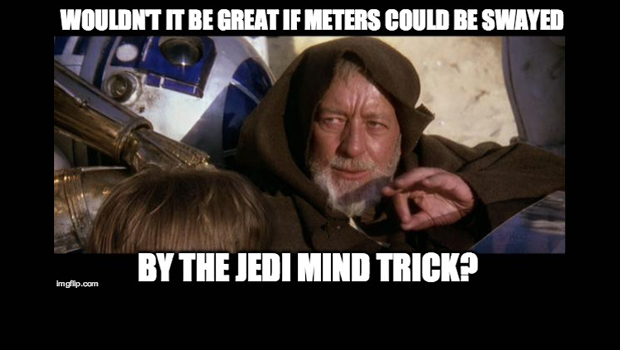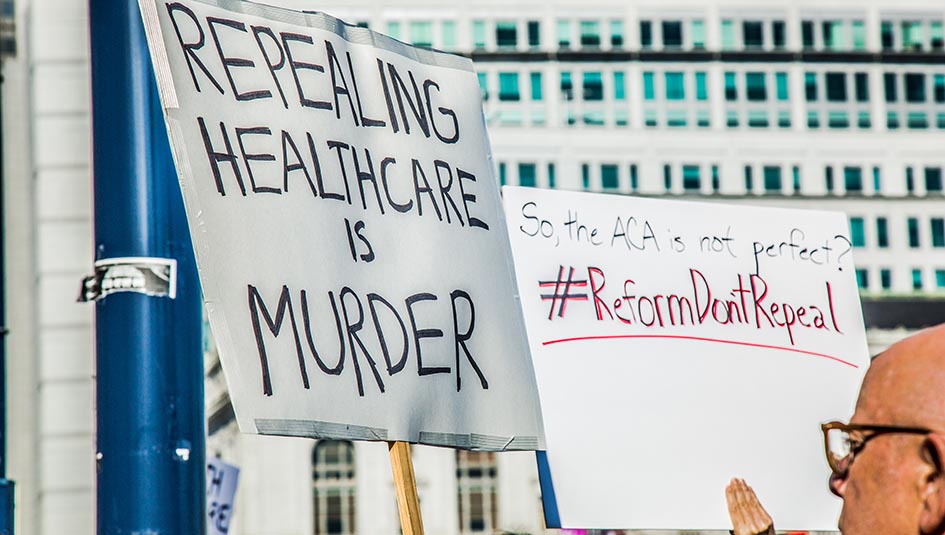How the Trump Immigration Ban Might Affect Diabetes Research

Earlier, we reported on how the Trump administration’s executive order on immigration barred Dr. Samira Asgari from joining a research lab that does diabetes research. The order barred immigration and refugees from seven countries with predominantly Muslim populations.
Now, the Washington and Minnesota attorneys general have asked in federal court to have the ban lifted. The attorneys general argued, among other points, that their states are home to research and clinical facilities that rely upon foreign-born graduate students and professionals, and that the exclusion of that workforce will impact the citizens of those two states. In addition, EndGadget is reporting that 97 tech firms, including Google, Microsoft, and Apple, have filed an amicus brief in support of lawsuits against the executive order, saying that the brief “inflicts significant harm on American business, innovation and growth.”
So far, no diabetes tech or biopharma company has joined the suit. An email inquiry was sent by Insulin Nation to representatives from Dexcom, Medtronic, Bigfoot Biomedical, Tandem, JDRF, and several major diabetes research labs and charity foundations, asking whether the executive order has impacted them and if they had a position on the order. Only Medtronic, Dexcom, and Bigfoot Biomedical answered, all saying they have not been impacted by the ban. Melissa Lee, director of communications for Bigfoot Biomedical, sent this additional statement: “Bigfoot Biomedical is a diverse team from a variety of backgrounds. All of us have come together to pursue the mission of reducing the burden of type 1 diabetes. We believe Bigfoot is currently unaffected by the recent executive order, the future implications of which we are still trying to sort out. However, we would firmly oppose any policy that divides people of good will from collaborating against our common enemy of diabetes.”
Dr. Asgari sued on February 1st to be allowed entry into the U.S. to work in a Boston lab on autoimmune disease research. The next day, Dr. Amer Al Homssi, a citizen of Syria and an internist who was in the United Arab Emirates, had to sue to get back to work at his residency in a Chicago hospital. By the weekend, both had succeeded in gaining legal entry into the U.S.
Cases such as these are being filed at what appears to be an exponentially growing pace, brought by, or on behalf of, people barred from entry or re-entry to the country, and now by state officials scurrying to accommodate people who have been thrown into chaos following a series of orders in connection to the executive order.
On Friday, Judge James. L. Robart of the federal district court in Seattle ruled to temporarily block enforcement of the executive order. The case before Judge Robart is one of several filed in numerous federal trial courts. On Saturday evening, the federal 9th Circuit Court refused to set aside Judge Robart’ order. Further rulings are expected today on the matter.
Those bringing suits seek to overturn the policy on various federal and state constitutional grounds, including denial of due process and denial of equal protection of the law from discrimination. In the Washington-Minnesota case, the states had to make a showing that enforcement of the ban posed immediate and possibly irreparable damage to the citizens of those two states, and that it was likely that they would eventually prevail on their claims that the ban was not authorized under the law. Judge Robart found that the burden had been met to put the brakes on the order, at least for now.
Iranian #Harvard scientist Samira Asgari arrives in Boston after 3x barred: “I’m still shaking” @thecrimson pic.twitter.com/FnPAEt6zPS
— Hannah Natanson (@hannah_natanson) February 3, 2017
via reporting from the Harvard Crimson
U.S. and foreign universities and teaching hospitals are at the very center of the development of new drugs and medical devices. For instance, the research and clinical trialing for a joint JDRF-Sanofi-funded insulin patch project involves researchers of diverse roots associated now or formerly with universities and clinics abroad and in Utah, California, North Carolina, and Canada. The work and funding for large-scale research projects require a reliable stream of researchers crossing borders to do their work.
Many legal scholars are saying that the president’s order is not particularly well drafted. Because of this, it’s impossible to say, for example, if any of the classes of visas customarily issued to academics or scientists may be eligible for relaxation of the ban. It certainly made no initial allowances for Dr. Asgari or Dr. Al Homssi or other health care workers.
According to news reports, humanitarian agencies assisting visa holders have encouraged those earlier refused entry into the U.S. to try again, now that the travel ban has been at least temporarily lifted. The Circuit Court has ordered written arguments to be filed today, so it may consider whether or not the order may be reinstated. As long as the order is being argued in a slew of court cases, there will be a great deal of uncertainty for doctors and researchers from the seven countries affected.
Craig Idlebrook did additional reporting for this story.
Correction – 2/7/2017 – An earlier version of this story misspelled the last name of Judge Robart. We regret the error.
Thanks for reading this Insulin Nation article. Want more Type 1 news? Subscribe here.
Have Type 2 diabetes or know someone who does? Try Type 2 Nation, our sister publication.







